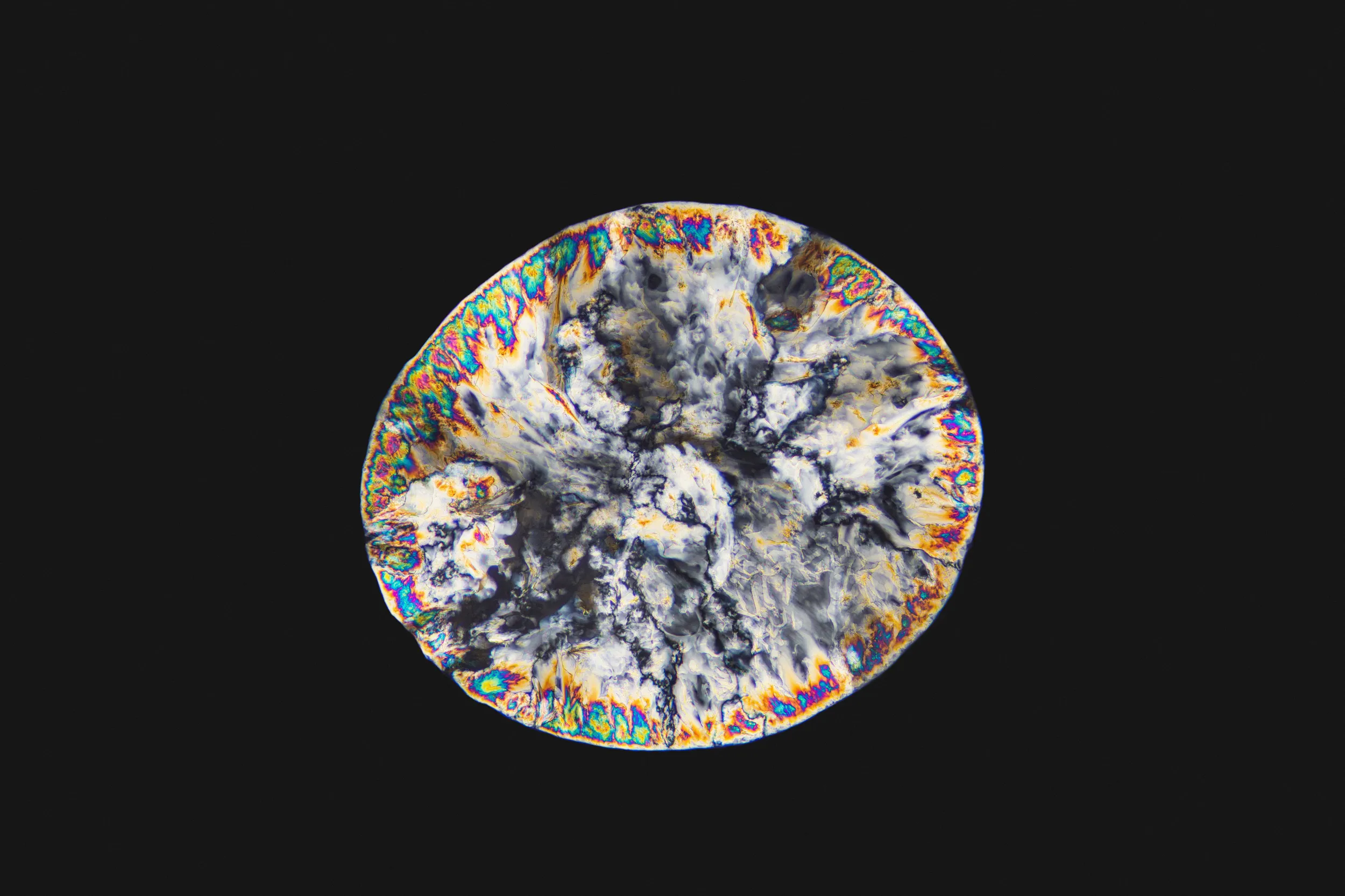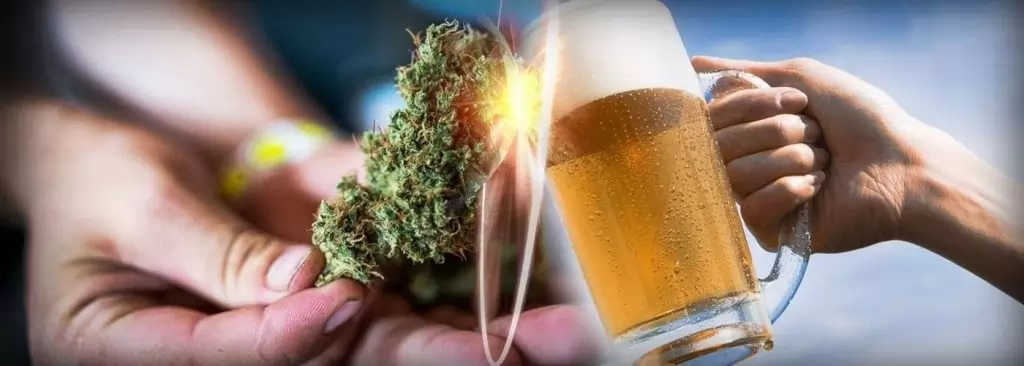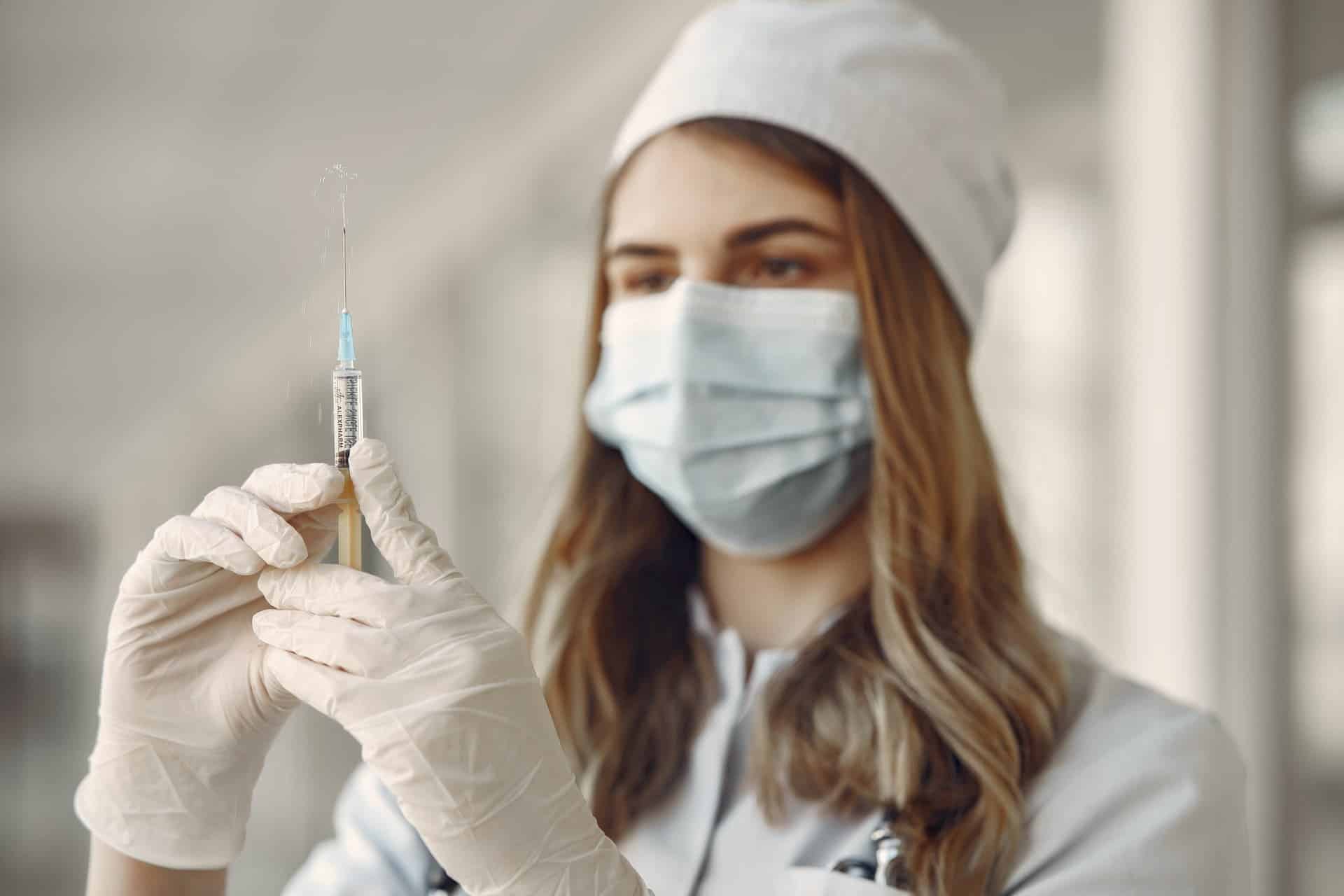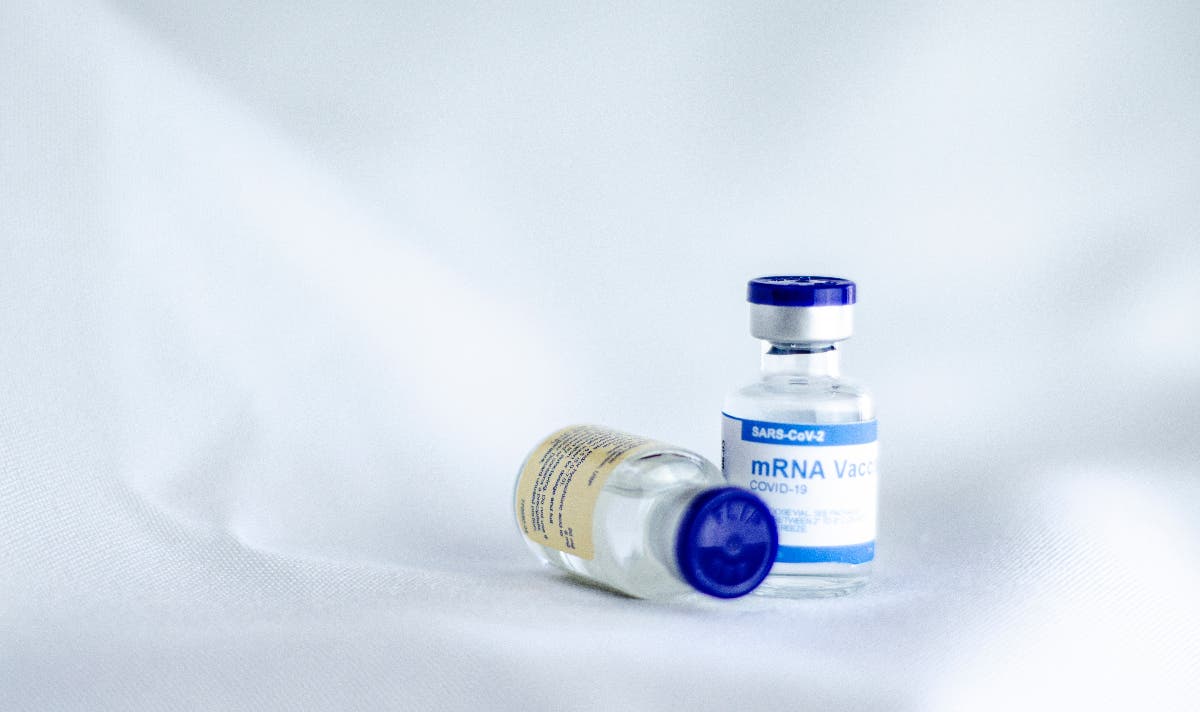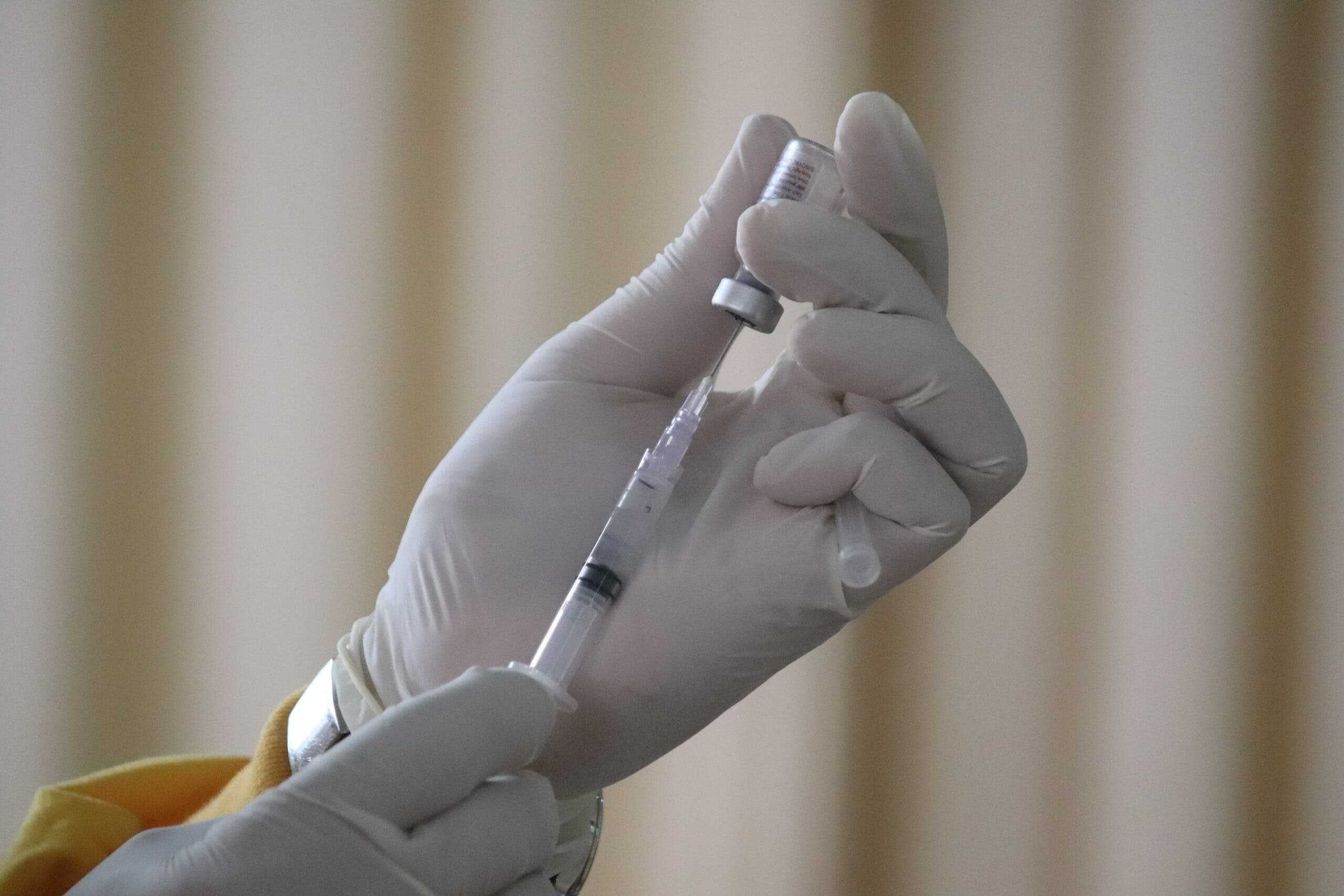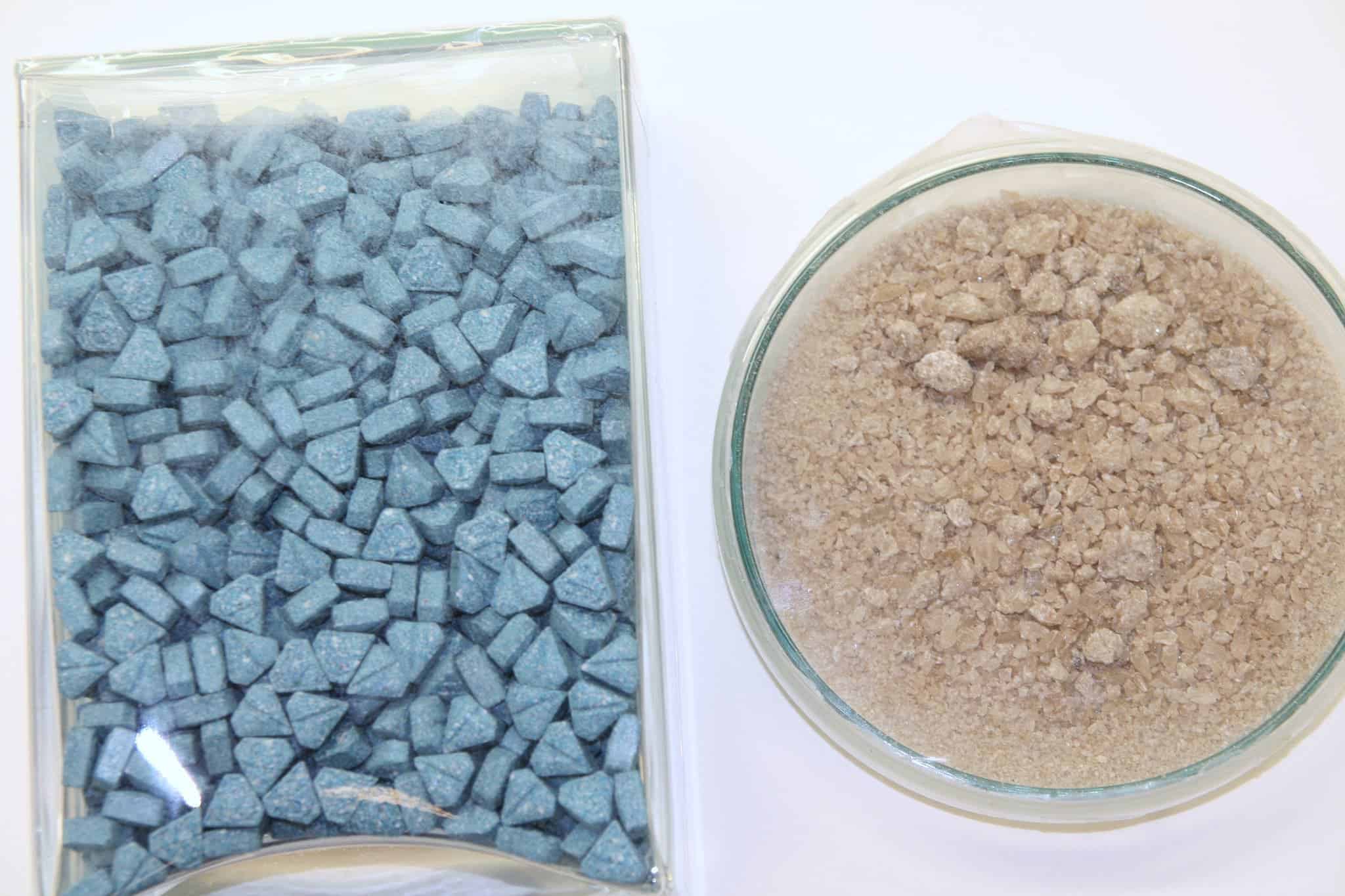Whether you’re a college student hoping to improve your grades, a professional wanting to achieve more at work, or an older adult hoping to stave off dementia, the idea of popping a magic pill that boosts your brainpower can be tempting. So it’s no surprise that the use of nootropics or smart drugs is on the rise globally. But do they work? And more importantly, are they safe? In a sea of supplements and marketing blurb, what’s the real story behind these supposed cognitive enhancers? Let’s have a look at some of these questions.

Nootropics are prescription drugs, supplements, or natural substances that claim to boost cognitive functions such as memory, creativity, or motivation. Similarly, cognitive enhancement refers to the use or abuse of said smart drugs by healthy people exhibiting no neurological-based deficiency. Meaning, more often than not, ‘smart drugs’ are an off-label prescription medication used for non-medical purposes. Despite this unsettling fact, the use of off-label prescription nootropics is on the rise globally.
Developed in 1964 by Romanian chemist Corneliu E. Giurgea, the concept of nootropics involves a list of criteria which is as follows:
1. Nootropics should aid with improvement in working memory and learning
2. Supports brain function under hypoxic conditions or after electroconvulsive therapy.
3. Protects the brain from physical or chemical toxicity.
4. Natural cognitive functions are enhanced.
5. Nootropics should be non-toxic to humans without causing depression or stimulation of the brain.
The criterion above may suggest that cognitive enhancers are purely lab-made; however, they’re also present in everyday foodstuffs and beverages. As an example, caffeine is a natural nootropic and the most widely consumed psychoactive substance worldwide. Found in coffee, cocoa, tea, and certain nuts, an intake of one or two cups of coffee a day has been shown in clinical trials to increase alertness and decrease reaction time, albeit very gently. And while caffeine was once considered risky, many experts now agree that natural caffeine present in foodstuffs is more beneficial than harmful when consumed in moderation.
Due to the sheer volume of false advertising surrounding nootropics, the first thing to check is whether a cognitive enhancer is backed by science — the best thing to do this is to see if it has gone through clinical or human trials. A prime example here is caffeine, whose cognitive benefits have been thoroughly tested in humans by various academic institutions. To date, it has been shown that caffeine consumption increases intracellular messengers, prolongs adrenaline activity, and circulates calcium into cells. Collectively, these mechanisms provide neuroprotection, increases heart rate, vascular tone, blood pressure, and bronchodilation. Human trials have also indicated that caffeine improves vigilance and attention without affecting memory or mood.
Eggs are another proven brain food that has been through clinical trials; shown to be rich in choline, a substance key to the production of acetylcholine, instrumental in many bodily functions, from achieving deep sleep to retaining new memories. Frequent egg consumption is associated with higher cognitive performance as well, particularly among the elderly. However, as with synthetic nootropics, too much of these foods also has adverse consequences, with higher doses of caffeine causing jittery, anxious feelings. Nevertheless, you’ll be pleased to hear there is no official daily limit on the number of eggs a person can eat just as long as they don’t add saturated fat or too much salt to them.
Another well-trialed natural nootropic is an ancient herb called Ginkgo biloba – both human and animal models have elucidated the herb’s neuroprotective effects. As a result, Gingko has been studied repeatedly in treating Alzheimer’s disease due to its antioxidant and antiapoptotic properties. Numerous studies have also cited its safety in humans with cognitive impairment, where the nootropic induced inhibition against caspase-3 activation and amyloid-β-aggregation in Alzheimer’s disease. The list of human studies proving the benefits of Ginkgo Biloba in healthy volunteers is extensive, with no safety issues noted. However, as with other cognitive enhancers, contrasting studies contradict these positive findings suggesting that all trials should employ neuroimaging.
The most salient factor to note here is that all of the above nootropics are proven in human or clinical studies – severely lacking with the majority of cognitive enhancers currently on the market today. A simple search on the PubMed database will tell you which nootropics have been trialed in humans and list any safety issues. Another excellent way to navigate the minefield of false advertising by some nootropics manufacturers is to use established brands.
Similarly, it’s also crucial to check whether mixing nootropics with alcohol or other drugs are safe. Firstly, always approach a medical professional before mixing drugs or alcohol with prescription medicine. Secondly, over-the-counter (OTC) medication bought in pharmacies should come with safety leaflets advising whether it is safe to take with medications, other supplements, or alcohol. Unfortunately, not all OTC remedies contain safety information as they are mostly unregulated. And while there are many papers on the use of caffeine with alcohol, most OTC nootropics haven’t been tested with other drugs. Experts advise: if you begin to mix or stack OTC medicines and start to feel ill, you should stop your drug regime and see a medical professional right away – this includes the stacking of nootropics.
I’m confused. Just how many types of nootropics are there?!
With a tsunami of potions and powders on the market, it can be challenging to take brain boosters responsibly. The first thing to know is that nootropics can either be synthetic or natural where they’re manufactured like prescription drugs or occur in plants and food. Likewise, dietary supplements or OTC drugs can contain natural and synthesized products – with prescription drugs being purely synthetic in structure.
Synthetic nootropics are composed of artificial chemicals rather than natural ingredients – being heavily laden with synthesized chemicals designed to mimic natural neurotransmitters. For instance, caffeine is found naturally in coffee beans and synthesized for bulk manufacturing. The synthetic version, found in many energy drinks, possesses a higher absorption rate into the body than its natural counterpart, causing significantly more side effects. Meaning, the raw version of caffeine is far less severe on the human body than its synthetic counterpart.
Notably, the only proven nootropics to make an immediate, marked difference in cognition are prescription drugs prescribed by your doctor. Specifically, drugs designed for Attention Deficit Hyperactivity Disorder (ADHD) such as Adderall and Ritalin, as well as the anti-narcoleptic modafinil, show demonstrable effects on healthy people’s concentration, attention, and alertness. And even though their impact on cognitive enhancement is questionable in healthy people, their off-label use is still on the rise despite numerous health risks, including dependence, tolerance, and cardiovascular, neurologic, and psychological disorders.
Prescription nootropics primarily consist of stimulants comprising methylphenidate, amphetamine, and dextroamphetamine- designed to counteract ADHD. And although these work well for many people with this condition, these pharmaceuticals aren’t proven safe for healthy people who want to improve their focus and attention. Many college students acquire this medication nefariously, and while they appear to help in the short term, there are dangerous risks.
Yet, modafinil, a novel stimulant FDA-approved to treat narcolepsy, sleep apnea, and shift work disorder, has several remarkable features distinguishing it from other medications. Unlike amphetamines, for example, modafinil is reported to have minimal side effects at the correct therapeutic doses. It also appears to have low abuse potential, with some studies suggesting that it may help with learning and memory in healthy people.
Carrying on in the vein of synthetic nootropics, the biggest OTC nootropic in this class is the racetam family. An alleged cognitive enhancer designed to improve memory and suppress anxiety and based on a native brain-derived neurotrophic factor modulator. Racetam products are mainly derivative of Pyrrolidinone, a colorless, organic compound that supposedly enhances the learning process, diminishes impaired cognition, and protects against brain damage. Several pyrrolidine derivatives are commercially available, including piracetam, oxiracetam, aniracetam, noopept, and pramiracetam. However, in reality, research on their effectiveness in healthy adults is non-existent.
In contrast, human studies categorically link naturally occurring nootropics with healthy brain function. Explicitly, past studies have shown that food-derived nutrients such as unsaturated fat, vitamins, caffeine, minerals, various proteins, glucosinolates, and antioxidants can boost brain function. Despite this, the evidence backing the psychological benefits of their diet supplementary doppelgangers is weak. A fact that will shock many whose morning ritual involves the intake of supplements bought over-the-counter or online.
To compound this, a 2015 review of various dietary supplements found no convincing evidence of improvements in cognitive performance, even in unhealthy participants. Dr. David Hogan, the lead author of the review, feels nutritional supplements don’t provide the same benefits as food. “While plausible mechanisms link food-sourced nutrients to better brain function. Data showed that supplements cannot replicate the complexity of natural food and provide all its potential benefits.” However, he concedes that: “None of this rules out the potential for some OTC nootropics to improve cognition. Still, there isn’t much compelling evidence to support these claims.” Suggesting there is still much conjecture when it comes to dietary supplements as an aid to cognitive enhancement.
These findings make complete sense as all nutrients and fuel for our bodies come from our diet – proven to act as vasodilators against the small arteries and veins in the brain. When introduced into our system, these healthy foods increase blood circulation, vital nutrients, energy, and oxygen flow towards the brain. They also counteract inflammatory responses in the brain, modulating neurotransmitter concentration. For this reason, experts will always state that a healthy balanced diet is their preferred mode of treatment for healthy cognitive function – at least for now.
How do nootropics work?

A recurring critical theme in many whitepapers covering the subject is that unless you’re deficient in a nootropic chemical, it’s unlikely taking more of it will help to enhance your brain processes. Officially, cognitive enhancement works by strengthening the components of the memory/learning circuits — dopamine, glutamate, or norepinephrine to improve brain function in healthy individuals beyond their baseline functioning.
Most experts state that nearly all OTC and dietary supplements lose their potency and thus stop working over time. Moreover, scores of non-prescription drug effects (if present at all) seem to be temporary, lasting until their metabolism and elimination. Meaning you may have to take more for any noticeable benefit if there is one. The author’s general advice is to ensure that the brand is well-established and trusted, avoiding prescription drugs for non-medical purposes.
In an interview with Insider, David A. Merrill, MD, director of the Pacific Brain Health Center, states that nootropics likely won’t benefit you much if you’re not already experiencing symptoms such as trouble focusing or poor memory.
Indeed, as nootropic intake is also rising amongst gamers, Dr. Migliore adds in her interview with PC Gamer, ingesting these compounds is unlikely to help you if your body isn’t deficient in any of them. Adding “If you spend 10-15 minutes outside every day and eat a balanced diet, your vitamin D levels are most likely normal”. She then goes on to ask: “Will taking a supplement of vitamin D do anything for you? Probably not. On the other hand, if you avoid the sunlight and don’t eat meat, your vitamin D levels may be low. For those people, a vitamin D supplement might lead to increased energy.”
Is Dr. Migliore, licensed clinician, and world-famous gamer, hinting that sun-deprived gamers may benefit from smart drugs? Also, how will I know when I’m deficient in a specific nutrient? I can only glean my ‘deficient behavior.’ Would it not, therefore, make sense to take cognitive enhancers where a nutritional inadequacy is suspected?
Despite how logical this sounds, all experts agree that a sensible diet, social interaction, and regular exercise help boost cognition, with many naturally occurring nootropics found in food shown to improve mental faculties.
So should we use nootropics then?
There are numerous ethical arguments concerning the ongoing nootropics debate, with a slew of countries hurriedly adapting their laws to this ever-expanding field. Side effects and false advertising aside, there is no doubt that nootropics exist that work. And if there are nootropics that work, more smart drugs will soon be developed that work even better with increased functionality. And this is where ethical problems arise concerning the point at which treating disorders becomes a form of enhancement, where patients become super-humans. Should resources be spent trying to turn ordinary people into more brilliant and better performing versions of themselves in the first place?
I mean, how should we classify, condone or condemn a drug that improves human performance in the absence of pre-existing cognitive impairment once proven efficacious? Are we in danger of producing ‘synthetic’ geniuses? And even worse, will they be better than the real thing? Approximately 95% of elite athletes have used performance-enhancing drugs to compare doping in competitive sports here. If brain doping becomes acceptable in working life and education, will the same go for sports? Will we see separate competitions for these synthetic geniuses to level the playing field? Governmental bodies must address these urgent issues.
And even though the use of nootropics has risen over the past years with such drugs broadly perceived as improving academic and professional performances – not enough empirical evidence supports the assumption that these brain boosters give rise to cognitive enhancement in healthy users. Married with a deluge of reports on the unwanted, and sometimes dangerous, side effects of these drugs, the case for their use is fragile.
For example, the non-medical use of prescription stimulants such as methylphenidates for cognitive enhancement has recently increased among teens and young adults in schools and college campuses. Accordingly, memory enhancement dominated the market with more than 30% share in 2018. However, this enhancement likely comes with a neuronal, as well as ethical, cost.
In that respect, a 2017 study involving 898 undergraduates, who were not diagnosed with ADHD, reported that off-label prescription nootropics did not increase the grade point average or advantage of any healthy volunteers. Further confirmation that research on nootropics still appears to be inconclusive in terms of clarifying and defining how such drugs act as mind stimulants even where proven medication is involved.
Just how safe are these nootropic ‘supplements’?
The problems relating to the safety of nootropics are linked directly to the adverse events reporting systems. Concentrating on the United States, even the FDA, usually a benchmark for drug regulation globally, is uncharacteristically vague about smart drugs. Most nootropics are sold as OTC supplements, meaning there are no figures for side effects associated with OTC nootropics in the USA. For this reason, only adverse events linked to indistinct dietary supplements are compiled in unprocessed data sets – meaning there is no analytics available. Historically, adverse events associated with dietary supplements are difficult to monitor in the USA because the manufacturer doesn’t register such products before a sale. Thus, little information about their content and safety is available, with no way to know if a supplement contains what producers claim or to glean the long-term effects. Compounding the reason to use only well-known, trusted brands found at reputable pharmacies.
To enumerate, the official FDA system that records adverse events for dietary supplements, the CFSAN Adverse Event Reporting System (CAERS), covers foods, nutritional supplements, and cosmetics and only provides raw data. The reported adverse events document serious events, including death and hospitalization, and minor events, including taste, coloring, or packaging. Unbelievably, even though CAERS includes severe medical incidents, the names of up to 35% of all side effects in this database are redacted under Exemption 4. A regulation that exempts manufacturers from disclosing information that constitutes “trade secrets and commercial information obtained from a person which is confidential.” Companies whose products have caused death are also allowed to purge their brand name and products from the FDA database using this privilege.
Hence, it’s challenging to gain statistics for the number of adverse events related to dietary supplements, making tracking dangerous supplements that have used the Exemption 4 clause unfeasible. Accordingly, most studies covering adverse events attributed to OTC supplements explore predictive statistics, signs, or signals that could roughly approximate the number of hospitalizations, doctor’s visits, or deaths that may happen that year. Many studies rely on multiple sources to assess the number of adverse events related to dietary supplements. Even then, it can prove impossible to track one brand. In general, knowledge regarding the safety of OTC supplements is limited, with many studies finding that CAERS underrepresent adverse events associated with OTC drugs. To give readers an idea of the enormity of the problem, among the 1,300 supplements labeled Exemption 4 in the CAERS database, more than one-third involved deaths or hospitalizations.
Another emerging safety issue, OTC drugs can also cause hospitalization even where prescription drug regimes have ended – particularly with patients with a history of psychiatric illness. Posing the question, does this show a loss of plasticity as these psychopharmaceuticals permanently reroute and lay down brain circuitry and tracts. Thus, we have a false opposition in terms here – how can these prescription stimulants be viewed as nootropics, which are temporary by their very nature?
In short, this suggests that healthcare providers, specifically those in the mental health and substance abuse fields, should keep in mind that nootropic use is an under-recognized and evolving problem that can cause severe episodes, particularly amongst those with pre-existing mental disorders or illnesses.
Have other nootropics been elucidated in human trials?
Yes, numerous nootropics have been through human trials, with significantly more natural cognitive enhancers trialed instead of synthetic drugs. Making sense as foodstuffs are part of our everyday diets, needed to fuel our whole body.
First on the list is Bacopa monnieri, a herb found throughout the Indian subcontinent in marshy areas, used for centuries in ayurvedic medicine to improve brain function. Human studies reveal consistent cognitive enhancement resulting from Bacopa monnieri administration across young, old and impaired adult populations. The most robust effects of Bacopa monnieri are memory performance, including positive effects on learning and consolidation of target stimuli, delayed recall, visual retention of information, and working memory.
In adults aged 55 and over, Bacopa monnieri has shown improvements in executive functioning and mental control. Clinical studies have also revealed that it may boost brain function and alleviate anxiety and stress, possessing numerous antioxidant properties – a class of potent compounds called bacosides present in the herb thought to be responsible for this.
Surprisingly, despite its addiction liability and undesired adverse effects, preclinical and clinical studies have demonstrated that nicotine has cognitive-enhancing effects. Functions like attention, working memory, fine motor skills, and episodic memory are all susceptible to nicotine’s effects. There may also be a link between dementia and this nootropic with nicotinic receptor activity observed in Alzheimer’s disease patients. Despite this, experts agree that nicotine use is only justified to quit smoking and is, therefore, avoided as a smart drug.
One of the most popular drugs for cognitive enhancement is methylphenidate, otherwise known as Ritalin – a commonly prescribed medication for treating ADHD. Users should note that a large proportion of literature on the safety and efficacy of this drug comes from studies performed on normal, healthy adult animals, as there is currently no sufficiently reliable animal model for ADHD.
Methylphenidate is a stimulant closely related to amphetamine and cocaine that works by increasing levels of dopamine and norepinephrine in the brain. For healthy users, most studies on its cognitive effects involved adult animals or humans. In studies on healthy volunteers, higher doses increased movement and impaired attention and performance in prefrontal cortex-dependent cognitive tasks – lower doses improved mental performance and reduced locomotor activity. Nevertheless, long-term use of stimulants like Ritalin can lead to attention-based side effects, hyperactivity, being distracted easily, and poor impulse control – also seen in patients who use the medication for ADHD.
Many reports discuss the role of Panax ginseng, a herb used in Chinese medicine, in improving the cognition function of Alzheimer’s disease patients due to its antioxidant properties, claimed to suppress Alzheimer’s disease pathology. Over the last decade, several studies have revealed that single doses of Panax ginseng can modulate aspects of brain activity measured by electroencephalography and peripheral blood glucose concentrations in healthy young volunteers. The same studies have also indicated that the herb enhances aspects of working memory, improves mental arithmetic performance, and speeds attentional processes.
Another natural nootropic, Rhodiola rosea, known as golden root, is a flowering plant that improves cognitive function. It’s mainly known for its ability to counteract physical and mental fatigue, with numerous human studies hosted on the subject. Sharing the same property with Bacopa monnieri and Panax ginseng, it is considered an “adaptogen,” a substance that enhances endurance, resistance and protects against stressful situations. Human studies show that Rhodiola rosea may also protect the nervous system against oxidative damage, thus lowering the risk of Alzheimer’s disease.
Research on nootropics indicates that the big hope appears to be modafinil. This prescription drug is considered first-line therapy for excessive daytime sleepiness associated with narcolepsy in adults. However, clinicians need to be cautious with younger users because of reports of side effects involving tachycardia, insomnia, agitation, dizziness, and anxiety. Nevertheless, modafinil is FDA-approved for use in children over age 16 years.
The efficacy of the drug modafinil in improving alertness and consciousness in non-sleep-deprived, healthy individuals has led to the military trialing the drug as a cognitive enhancer. Pointedly, a 2017 study found evidence that modafinil may enhance some aspects of brain connectivity, including alertness, energy, focus, and decision-making. In non-sleep-deprived adults, this also includes improvements in pattern recognition accuracy and the reaction-based stop-signal trial.
Furthermore, modafinil improved the accuracy of an executive planning task and faster reaction times, with one study even listing increased digit span. Side effects are also dampened, with numerous cognitive functions remaining unaffected by modafinil. These include trail making, mathematical processing, spatial working memory, logical memory, associative learning, and verbal fluency.
As can be seen, cognitive enhancement is genuine, with human studies available to verify this exciting field’s mode of action and mechanisms.
Recommendations for smart drug usage
Nootropics and smart drugs are on the rise in today’s society, but more research involving neuroimaging is needed to understand their benefits better. However, there is no doubt that nootropics fulfilling Giurgea’s original criteria exist, particularly in their natural form.
In addition to these considerations, it’s always important to highlight that an active lifestyle with regular mental and physical activity, social interaction, and high-quality nutrition shows protective-preventive effects on various diseases and positively impacts brain health. Many experts are only willing to recommend these factors for cognitive enhancement. In particular, exercise increases dendrite length and the density of dendrite thorns and promotes the expression of synaptic proteins. An increase in the availability of growth factors and increased neurogenesis in the hippocampus also occurs, conversely decreasing beta-amyloid levels. No other nootropic currently has been so extensively studied or proven.
But the medical community can not ignore the many contrasting views of natural and synthetic nootropics; there’s growing evidence that some of these pills and powders can boost cognitive function, albeit temporarily. To date, Ginkgo biloba is the most studied and established herb for cognitive enhancement. In contrast, despite the vast number of studies on the subject, no prescription drug is officially recommended for non-medical use, despite evidence that they may provide cognitive enhancement for healthy people.
As we have seen, smart drugs exist; the main point to cover is safety. Experts recommend you only use trusted brands, checking the CAERS database for every new supplement or drug you use. They also state that if you become ill when using any prescription, OTC drugs, or dietary supplements, stop using them immediately and see a medical professional. Don’t forget to check the PubMed database for human trials and safety data regarding any cognitive enhancers you’re taking. It’s also an excellent place to double-check the credibility of any brands you may want to try. If they’re not involved in any studies, the chances are their products may be unsuitable for academic trials.
Finally, an underground movement is happening in the nootropics field, a faction demanding to be better, demanding their forced evolution, desperate to be good as the next person, terrified of being left behind. The next generation of smart drugs (and they are coming) will either advance humanity as a whole or divide us irrevocably. Will these synthetic geniuses, who feel so inferior they’ll risk their health to win the race, show us the same kindness afforded them? The answer awaits us all.

